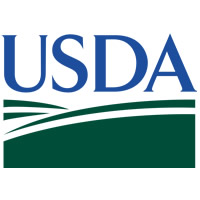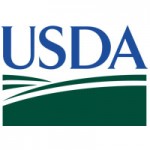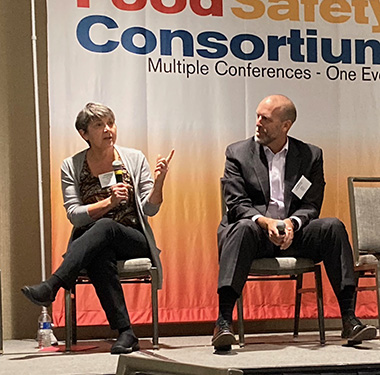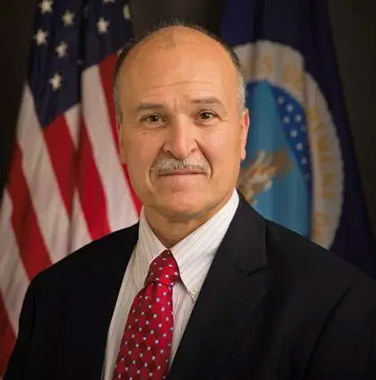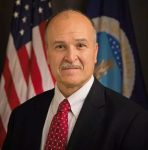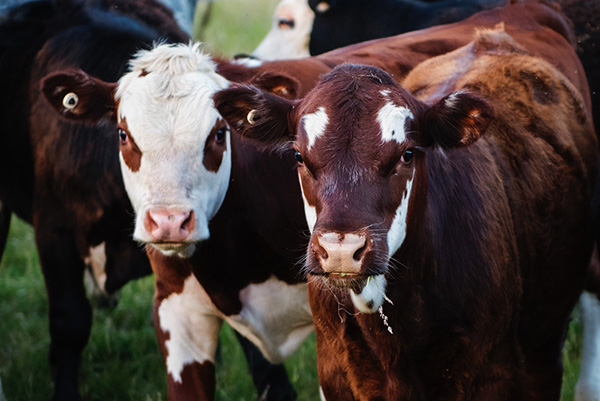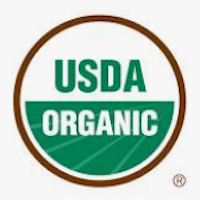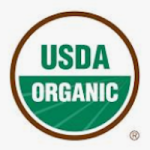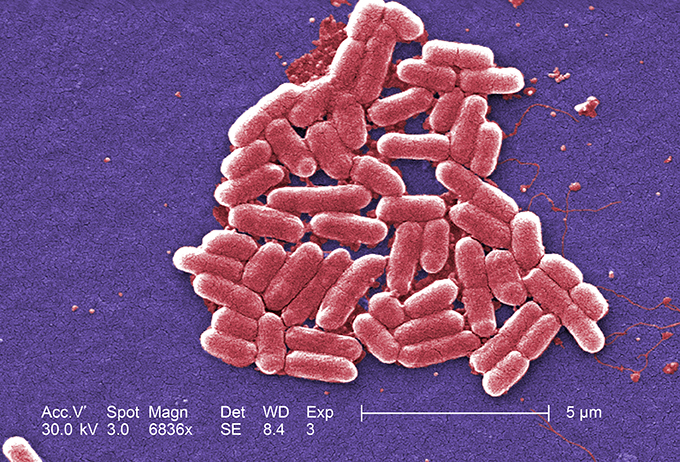Today, the U.S. Department of Agriculture’s (USDA) Animal and Plant Health Inspection Service (APHIS) is announcing the start of its National Milk Testing Strategy (NMTS), which builds on measures taken by USDA and federal and state partners since the outbreak of highly pathogenic avian influenza (HPAI) H5N1 in dairy cattle was first detected in March 2024. Today, USDA is issuing a new Federal Order, as well as accompanying guidance, requiring that raw (unpasteurized) milk samples nationwide be collected and shared with USDA for testing. This new guidance from USDA, which was developed with significant input from state, veterinary and public health stakeholders, will facilitate comprehensive H5N1 surveillance of the nation’s milk supply and dairy herds.
According to the USDA’s announcement on their website, this NMTS is designed to increase USDA’s and public health partners’ understanding of the virus’ spread in the United States through a structured, uniform, and mandatory testing system that will help swiftly identify which states, and specific herds within them, are affected with H5N1; support the rapid implementation of enhanced biosecurity measures to decrease the risk of transmission to other livestock; and importantly, inform critical efforts to protect farmworkers to help lower their risk of exposure. USDA believes this additional step is needed to proactively support effective biosecurity measures, which is key for states and farmers to contain and eliminate H5N1 infections from their livestock and to eliminate HPAI in livestock across the U.S. dairy population.
The Federal Order released today makes three new requirements.
- it requires the sharing of raw milk samples, upon request, from any entity responsible for a dairy farm, bulk milk transporter, bulk milk transfer station, or dairy processing facility that sends or holds milk intended for pasteurization.
- the Federal Order requires herd owners with positive cattle to provide epidemiological information that enables activities such as contact tracing and disease surveillance.
- finally, like USDA’s April 24 Federal Order, it requires that private laboratories and state veterinarians report positive results to USDA that come from tests done on raw milk samples drawn as part of the NMTS.
The first round of silo testing under the Federal Order and the NMTS is scheduled to begin the week of Dec. 16, 2024, although some states are already conducting testing compatible with the NMTS.
This new Federal Order does not override or supersede USDA’s April 24 Federal Order, which still requires the mandatory testing of lactating dairy cows prior to interstate shipment and requires that all privately owned laboratories and state veterinarians report positive test results connected with those tests. The new Federal Order announced today is intended to complement and enhance this existing order.
National Milk Testing Strategy
As part of the National Milk Testing Strategy, APHIS will work with each state in the contiguous United States to execute testing in a way that works for the state and that aligns with the NMTS standards. Once a state begins testing under the NMTS, APHIS will place that state into one of five stages based on the HPAI H5N1 virus prevalence in that state. As states move to another stage, we will have a stronger picture of our progress towards eliminating HPAI H5N1 at state, regional and national levels. These stages include:
Stage 1: Standing Up Mandatory USDA National Plant Silo Monitoring
USDA will immediately begin nationwide testing of milk silos at dairy processing facilities. This national sample will allow USDA to identify where the disease is present, monitor trends, and help states identify potentially affected herds.
Stage 2: Determining a State’s H5N1 Dairy Cattle Status
Building on the results of silo monitoring, in collaboration with states, USDA will also stand up bulk tank sampling programs that will enable us to identify herds in the state that are affected with H5N1.
Stage 3: Detecting and Responding to the Virus in Affected States
For states with H5N1 detections, APHIS will work quickly to identify specific cases and implement rapid response measures, including enhanced biosecurity using USDA’s existing incentives programs, movement controls and contact tracing.
Stage 4: Demonstrating Ongoing Absence of H5 in Dairy Cattle in Unaffected States
Once all dairy herds in a given state are considered to be unaffected, APHIS will continue regular sampling of farms’ bulk tanks to ensure the disease does not re-emerge. Bulk tank sampling frequency will progressively decline as the state demonstrates continual silo negativity (e.g., weekly, monthly, quarterly if continually negative). If a state becomes affected, USDA will re-engage detection and response activities, and the state will return to Stage 3.
Stage 5: Demonstrating Freedom from H5 in U.S. Dairy Cattle
After all states move through Stage Four, APHIS will work with the states to begin periodic sampling and testing to illustrate long-term absence from the national herd.
As of this announcement, the following six states will be included in the first round of states brought into the program for testing: California, Colorado, Michigan, Mississippi, Oregon, and Pennsylvania.
As states begin testing under the NMTS and as they move through the five stages, their progress will be shared at USDA HPAI in Livestock Testing. While the majority of states will enter the NMTS at Stage 1, we anticipate states with ongoing testing may meet the testing requirements described above in Stages 2-4. USDA will work closely with states to determine each state’s status. While the majority of states will enter the NMTS at Stage 1, we anticipate states with ongoing testing may meet the testing requirements described above in Stages 2-4. USDA will work closely with states to determine each state’s status.

